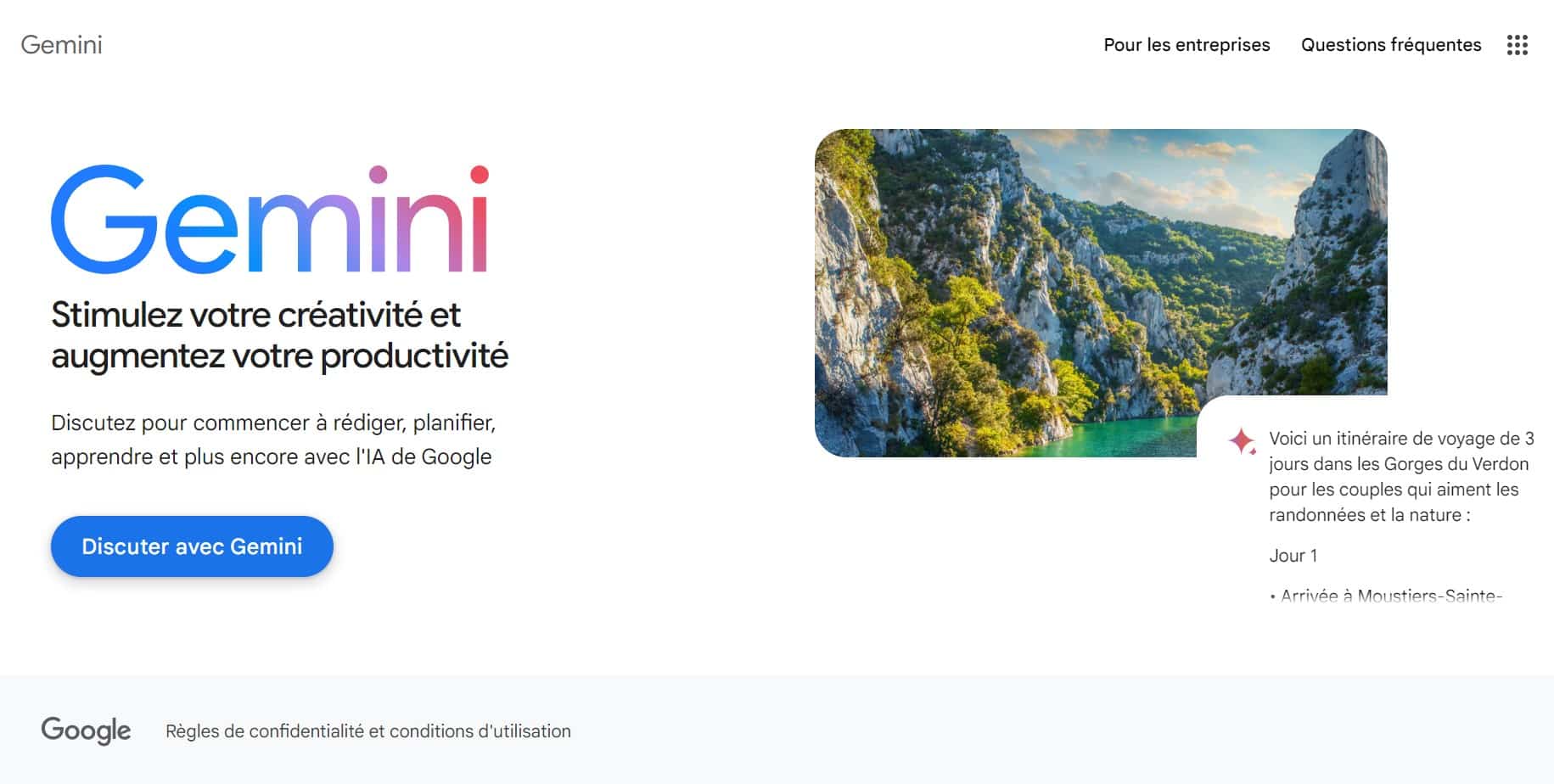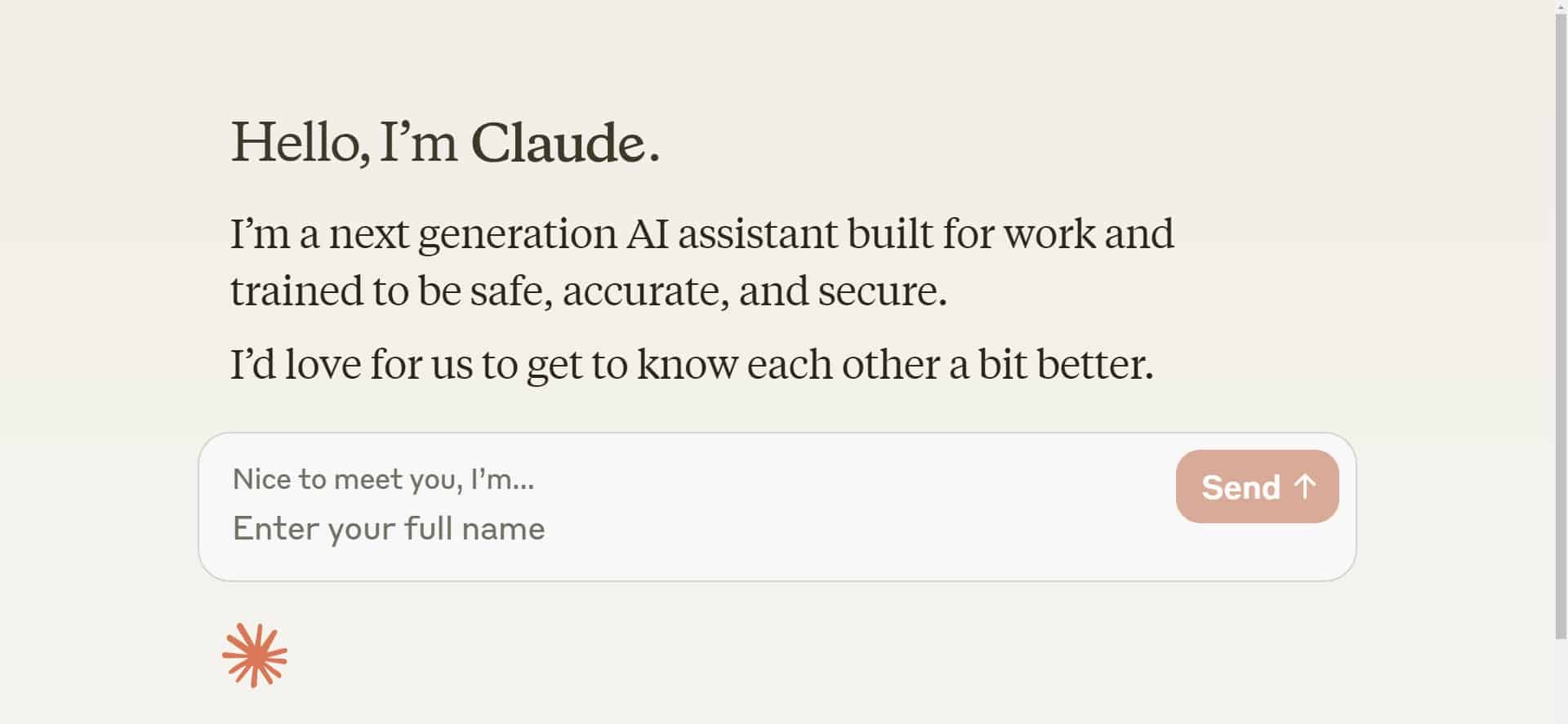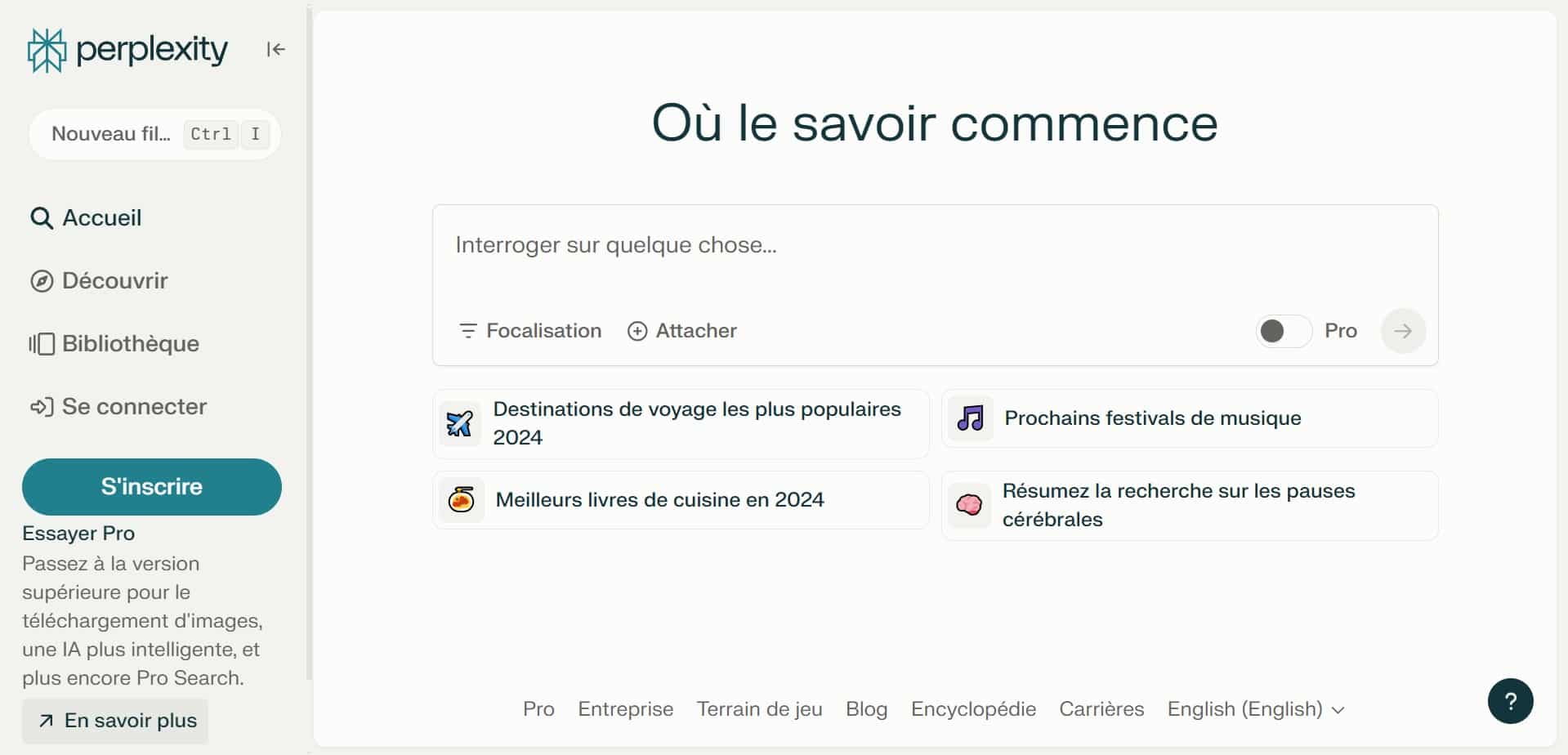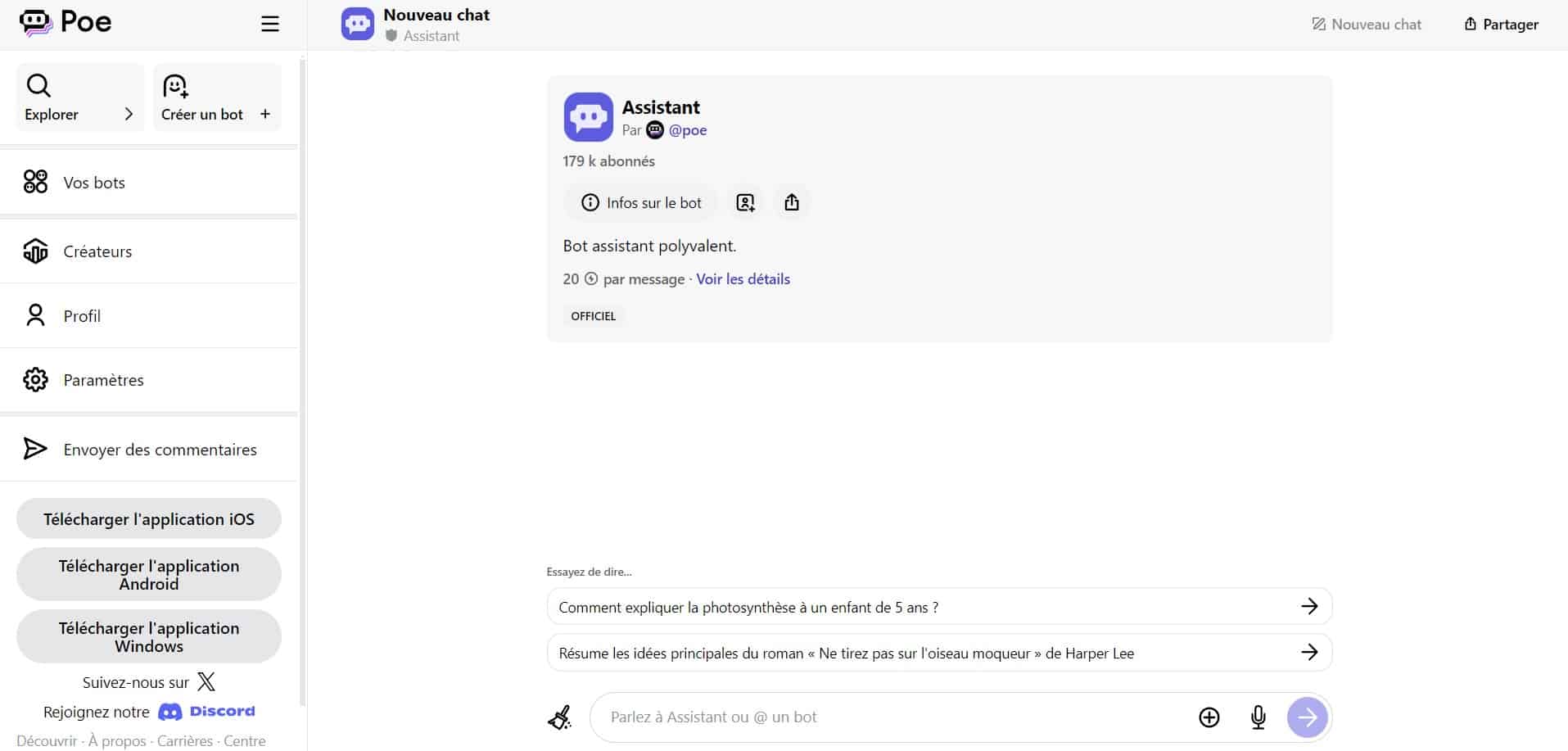Is it true that, currently, ChatGPT is the top notch conversational chatbot available in the market? However, could you be reluctant to shell out the monthly subscription fee that OpenAI requires for its premium version? Maybe you're also keen on fostering competition and preventing a monopoly in this market space. So, what alternatives can we suggest?
OpenAI’s ChatGPT rules the roost when it comes to generative AI applications, single-handedly capturing over 50% of the market share. And let’s be honest: ChatGPT stands out as a tool of incredible quality, a characteristic that only amplifies as it continues to improve. The advancements it has introduced since the GPT-4 version are noteworthy: the generation and analysis of images, the capability to customize chatbots, and a profound comprehension of spoken sentences. Moreover, with its 4.0 update, ChatGPT now possesses the ability to surf the Web to enhance its responses. Clearly, there are no real rivals to ChatGPT.
So, why even discuss possible alternatives to this behemoth? Because, for some, ChatGPT has a drawback: to fully experience this generative AI’s sophisticated capabilities, one must subscribe to a service, costing around 24 euros per month. Thus, if you’re hesitant to invest this amount, or simply if you wish to evaluate the capabilities of various applications on your own, numerous alternatives to ChatGPT are indeed worth considering.
1. Microsoft Copilot

As you might already be aware: Microsoft was among the first backers of OpenAI, the powerhouse behind ChatGPT. Hence, its Copilot feature leverages OpenAI’s artificial intelligence engine. In this regard, we could liken Copilot to a type of free ChatGPT, even if it usually takes some time to incorporate the latest innovations of its model. In particular, Copilot integrates the generative image AI Dall.e 3. Moreover, Microsoft has distinguished its version of ChatGTV, setting it apart with two notable features:
- The option to select a writing style: creative, balanced, precise.
- Integration with the Bing search engine.
2. Google Gemini

Developed by Google, this chatbot, formerly known as Google Bard, boasts the significant benefit of pairing its responses with the renowned search engine bearing the same name. Consequently, it clearly cites its sources, accompanied by relevant links. Moreover, Gemini has the capacity to export its responses to other in-house products like Gmail or Google Docs.
Similar to ChatGPT, Gemini is proficient in writing computer code. However, as of the time these lines were penned, it lacks the ability to create images, which may be perceived as a major shortcoming. On the opposite end, it excels in image analysis, offering impressively detailed insights.
Gemini further stands out due to the quality of its interface, which is remarkably clear and user-friendly. It also possesses the ability to respond vocally. It is noteworthy that it is available as an app on Android as well.
3. Claude

Claude, a project by Anthropic, enters the fray with numerous strengths. It can process and generate texts and, akin to the more advanced ChatGPT, analyze the user’s documents as well as images: it’s notably skilled at deciphering handwritten notes. Similar to ChatGPT, Claude can also generate computer code. Anthropic, its developer, states that it is designed to deliver results while adhering to a set of ethical principles, thereby declining requests considered inappropriate.
4. Mistral AI

The Mistral project, distinct for being French and relatively new – the enterprise was established in April 2023 – aims to create a “European champion with a global mission in artificial intelligence”. Like ChatGPT, it is designed for dialogue but can function offline, a feature that may attract certain users.
This application has rapidly gained recognition. Mistral accumulated 105 million euros in June 2023 when it was merely weeks old, followed by 385 million in December. In February, a collaboration was initiated with Microsoft, despite its significant investment in OpenAI. And on June 11th last, a fresh funding round of 600 million euros shot Mistral AI’s valuation to 5.8 billion euros.
5. Perplexity AI

Launched in August 2022, Perplexity positions itself primarily as an AI-boosted search engine. Though its interface bears resemblance to that of ChatGPT, it aims to rival Google. Thus, it prominently displays the source of the information it furnishes to the user. Additionally, Perplexity provides suggestions beneath its responses to delve deeper into the subject matter.
This project has attracted considerable investor interest, achieving a valuation of over 1 billion dollars in quite a short time frame.
6. Poe.com

Poe.com is a platform accessible to all, which, from a single webpage, grants access to the majority of conversational AI models: GPT, Claude, Gemini, as well as Llama, the algorithm developed by Meta/Facebook, among others. Added to this are a plethora of lesser-known projects, and also specialized bots: from generating images to creating YouTube shorts… All this, often, at no cost.
Whenever you visit, the wide array of offerings provided by Poe.com can be quite surprising. It unequivocally merits a look.










